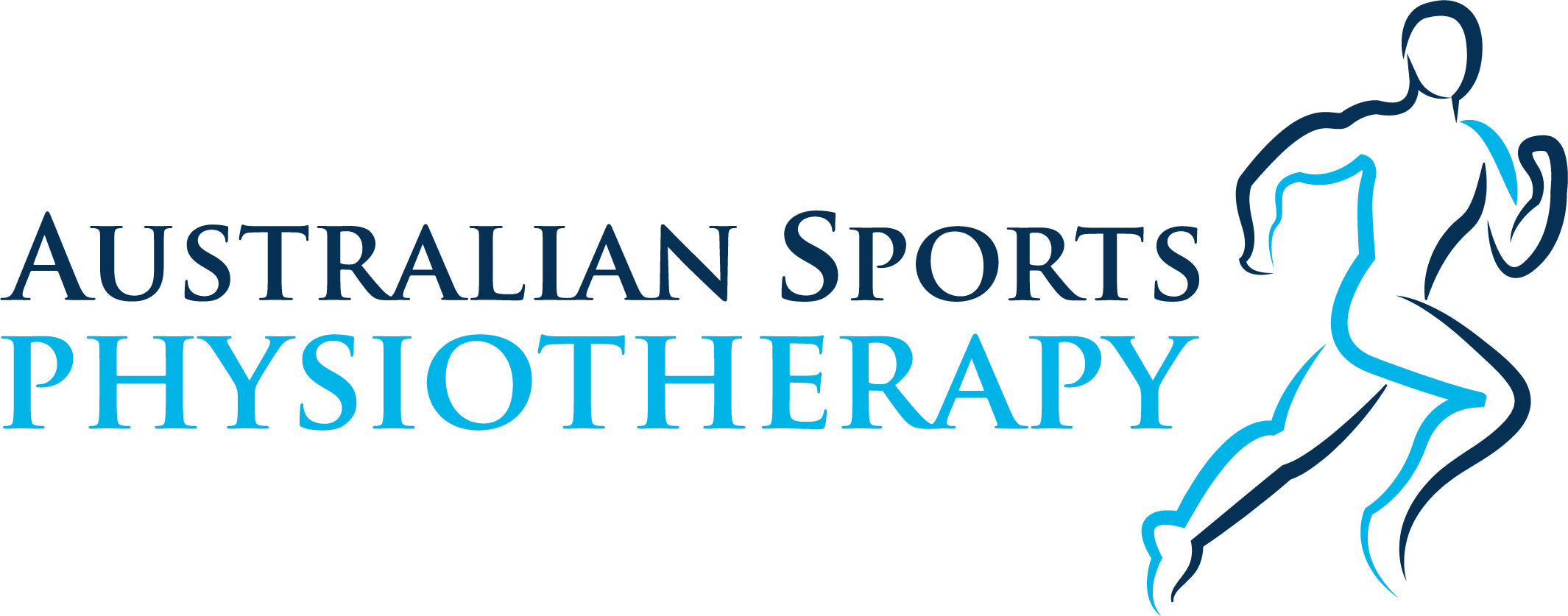Are you suffering from hip osteoarthritis and seeking a non-invasive and effective treatment option? Physiotherapy might be the solution you’ve been seeking.
Hip osteoarthritis is a common condition that causes pain, stiffness, and reduced mobility in the hip joint. It can significantly impact a person’s quality of life and daily activities. While various treatment options are available, physiotherapy has gained recognition as an effective approach to managing hip osteoarthritis symptoms.
Physiotherapy for hip osteoarthritis focuses on improving joint function, reducing pain, and enhancing overall mobility. It involves a combination of exercises, manual therapy, and education to help patients regain control over their hip joint and alleviate discomfort. In this article, we will explore the benefits of physiotherapy for hip osteoarthritis and how it can improve your quality of life.
What is hip osteoarthritis?
Degenerative joint disease is another term for osteoarthritis. This is a misnomer because osteoarthritis is a wear and tear process and a somewhat aberrant remodelling of joint tissues caused by various inflammatory mediators within the affected joint. Osteoarthritis is not simply “wear and tear,” as previously believed.
The smooth cartilage that covers the ends of our bones becomes brittle and breaks down in osteoarthritis of the hip joint. As the body attempts to repair the damage, this can result in joint inflammation and the production of “bony spurs” (bone outgrowths).
Common causes of hip osteoarthritis
Although the precise origin of hip osteoarthritis is unknown, numerous risk factors have been discovered. These are some examples:
- Previous hip joint damage or substantial joint trauma
- Being overweight leading to increased load on joint
- Poor joint mechanics leading to increase load on joint
- Osteoarthritis in the family
- Older age – persons over 45 are more vulnerable
Common symptoms of hip osteoarthritis
The symptoms of hip osteoarthritis vary extensively from person to person. Among the most common symptoms are:
- Ache in the groin, buttock, or deep between the two.
- The rigidity and stiffness of the hip joint leading to a reduction in normal hip range of motion
- You may experience a grinding or rubbing sensation when moving the hip that is commonly associated with pain.
You should see your doctor or physiotherapist if you have any of these symptoms. They can determine the source of your hip joint pain.
Physiotherapy treatment for hip osteoarthritis
Physiotherapy can assist you in managing your hip osteoarthritis by giving treatments, guidance, and education to help you manage your disease most effectively.
Your physiotherapist can evaluate your hip and detect any weak muscles. They can teach you specialised muscle-building routines. Strengthening the muscles surrounding the hip joint will help to support and protect it – reducing the load on the joint.
You could be given exercises to do at home or directed to a group fitness class or a hydrotherapy (water exercise) class.
Hands-on approaches such as massage can also help with pain relief. These and other exercises can help you preserve as much joint motion as possible.
Your physiotherapist may also check your balance and gait (the way you walk) and teach you walking exercises. They can teach you how to walk with a walking stick or crutches if necessary.
Your physiotherapist is the ideal person to advise you on which activities to avoid, which sports to participate in, and which treatments to use to reduce joint pain.
Physiotherapists can also advise you on managing your weight to ease the strain on your joints and, if necessary, refer you to a nutritionist.
Can you recover from hip osteoarthritis?
Although there is no cure for hip osteoarthritis, research shows that it may often be adequately treated by exercise and weight loss, with no need for surgery in many cases. This approach, combined with a healthy diet and exercise, can help patients manage their symptoms and improve their quality of life. It is crucial to remember that recovery will take time, so patience and dedication are key.
Unfortunately, if pain and stiffness persist, your physiotherapist can guide to on your journey towards seeing a specialist for further intervention.
Can physiotherapy help osteoarthritis in the hip?
Physiotherapy is essential in the treatment of people with hip osteoarthritis. The goal is to build strength, mobility, and range of motion.
Physiotherapy relieves pain, restores normal hip and leg movement, and addresses pain management and functional adaptations.
Exercise regimes tailored to the individual patient have been demonstrated to reduce pain and improve function in hip osteoarthritis.
Physiotherapy can improve the quality of life for hip osteoarthritis patients by reducing pain and improving mobility. This improved range of motion can allow patients to perform daily activities more efficiently and reduce the need for future surgeries.

Final thoughts on physiotherapy for hip osteoarthritis
The importance of physiotherapy in treating hip osteoarthritis cannot be overstated. It is vital in helping patients manage their condition and prevent further deterioration.
Physiotherapy for hip osteoarthritis can be an effective and non-invasive way to improve joint function, reduce pain, and enhance overall mobility.
It involves a combination of exercises, manual therapy, and education that help patients regain control over their hip joint and alleviate discomfort.
Patients can significantly improve their quality of life by strengthening the muscles around the hip joint, avoiding activities that may increase pain, and pursuing other lifestyle modifications.
Book an appointment with one of our experienced physiotherapists today for a comprehensive assessment and customised treatment plan.










